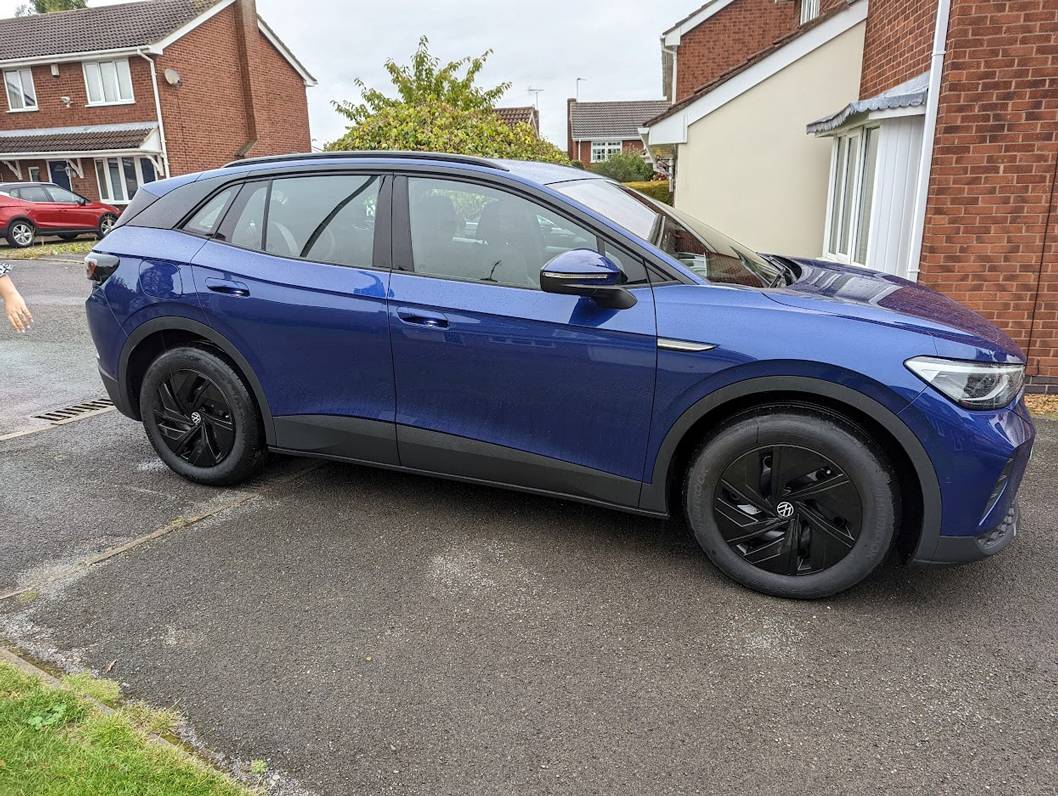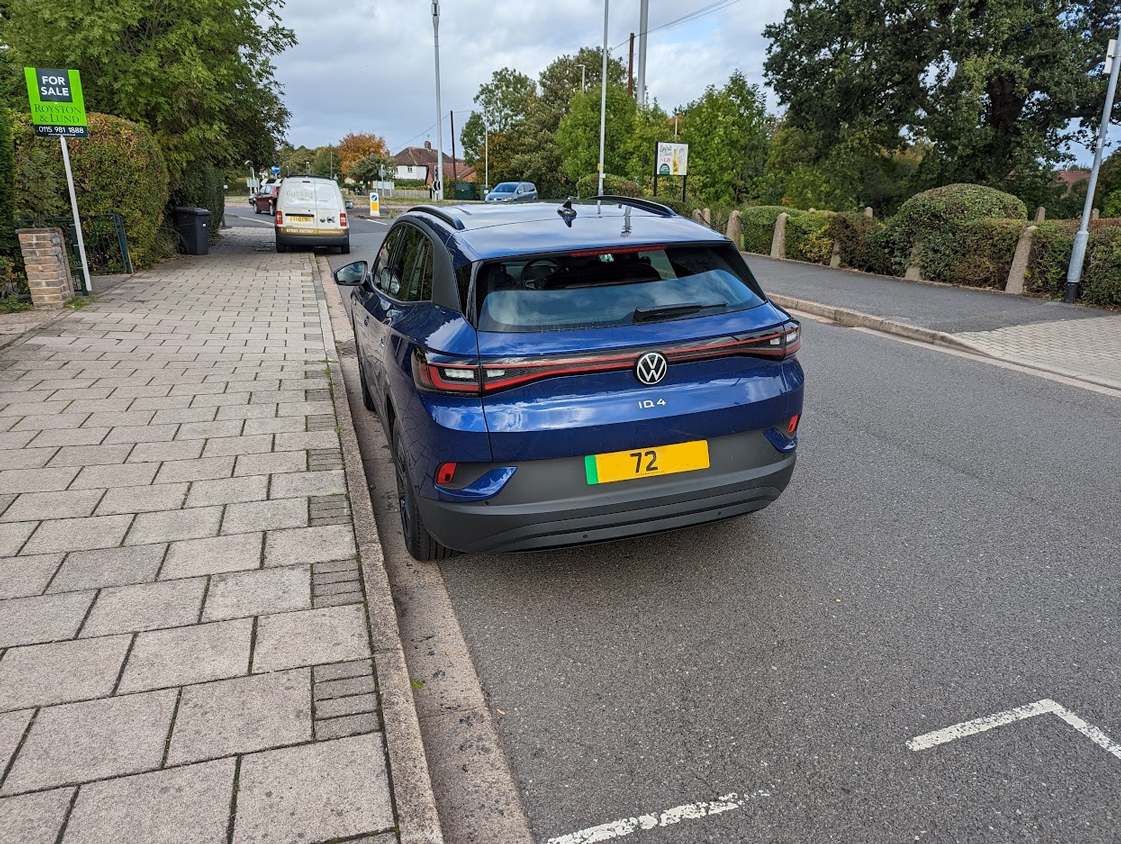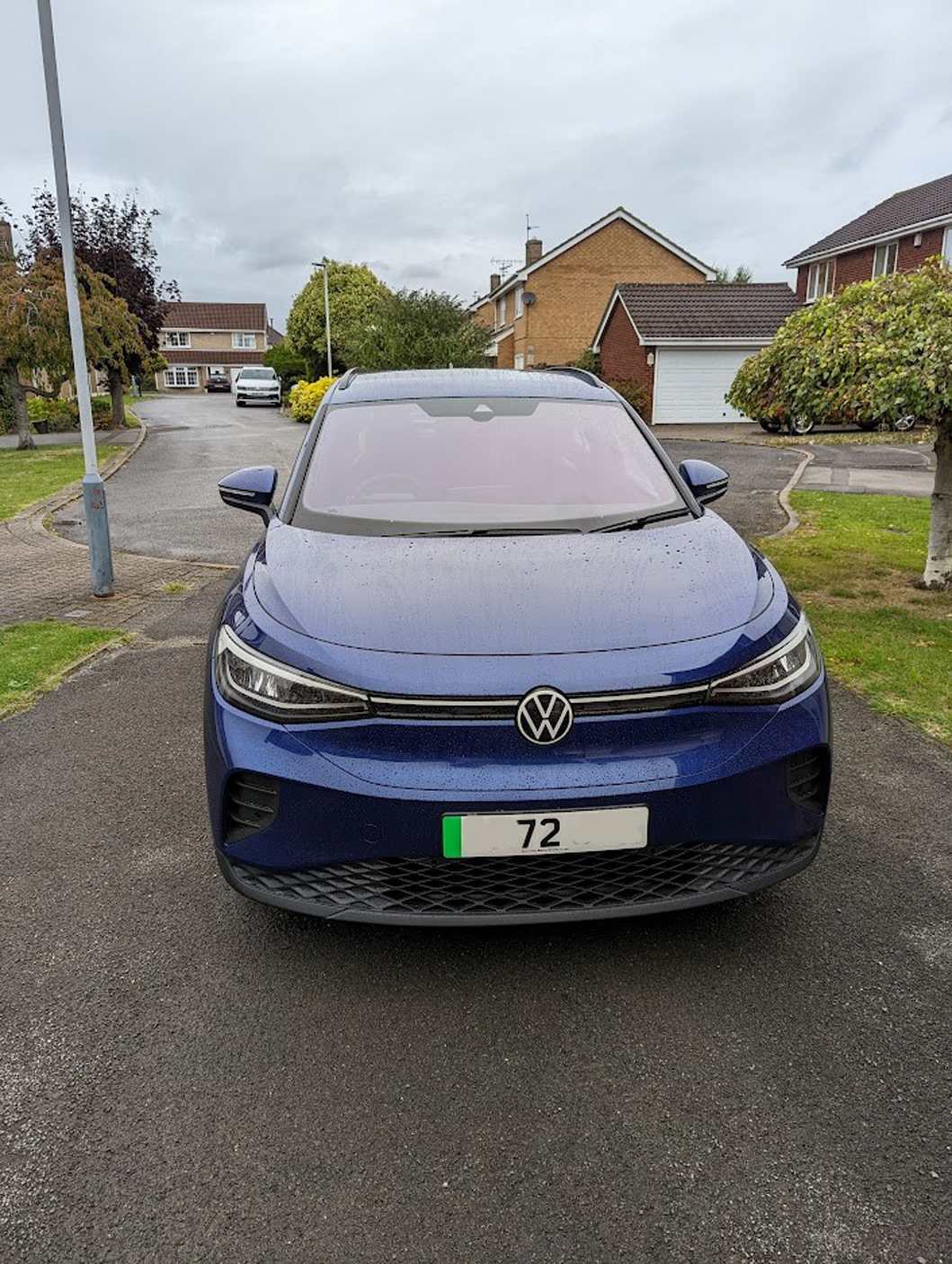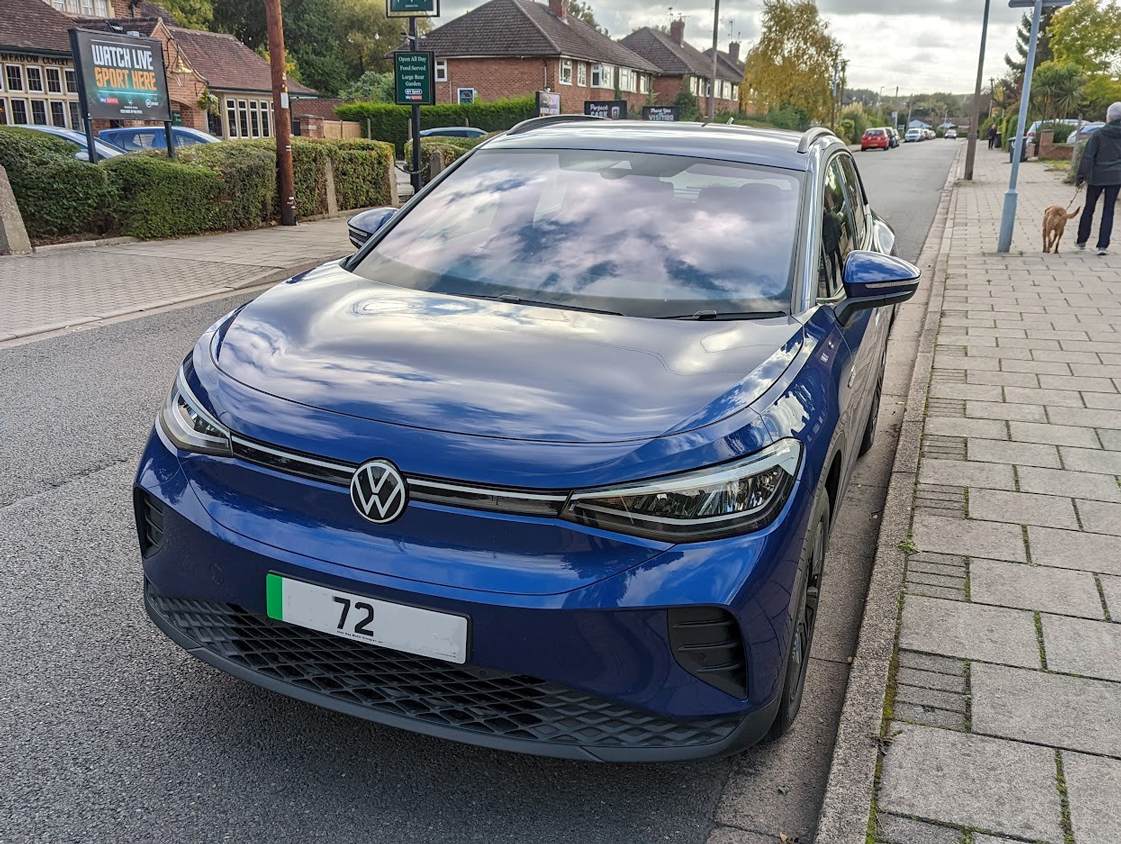
Mon-Fri 9am-5pm
Talk to our friendly electric car leasing experts now: 01942 910 001This website uses cookies to ensure you get the best experience. Learn more
Electric Cars - Is it cheaper having an EV?

Are electric vehicles cheaper to run?
Even in November 2022 there are some UK drivers who are still not yet convinced by the electrification revolution in transport. While the 2030 / 2035 Governmental ambitions for a zero emission car / van fleet were seemingly delusional, in the case of cars it is actually more apt describing this as an “ambitious endeavour”.
Since 2020, the growth of EVs has been more rapid than even the e-car lease team expected, with manufacturers rushing to keep up with the Tesla success story. While their best-selling Model 3 set the agenda for mass-adoption, existing and new manufacturers have rushed to introduce their innovations to the UK with enthusiasm and rigour. In their latest report the SMMT confirmed that the statistics are still holding good for zero-emission, with just under 20,000 new cars registered in October 2022.
This is nearly 25% more than last year and represents a 15% market share for EVs. In terms of year-to-date, nearly 200,000 new electric cars have been registered in the UK, which is a near 40% increase on 2021. If you consider the microchip shortages, war in Ukraine, Brexit and political / economic unrest, these are robust results. If stock was more readily available, e-car lease do think that many more personal and business leasing customers would be enjoying them.
And that doesn’t mean that the transition to electric cars is now an easy process. The rising costs around our goods and services has impacted the automotive world too. And with recent shortages, but high demand, many manufacturers have reduced discount levels in conjunction with price increases.

For some customers they have been left wondering why electric cars are so expensive and how can it be cheaper to use an EV? To be clear, the economic impact and inflationary adjustments have impacted petrol, diesel and plug-in vehicles in exactly the same way. So the cost price of any new car is somewhat more than it would have been pre-2020 pandemic. The issue of price increases are not just bespoke to EVs.
However, it is evident that the cost price of an electric car equivalent to a petrol or diesel option is more, for example a Corsa petrol would be cheaper than its all-electric equivalent. But with economies of scale and increasing demand, this gap has lessened, particularly with more manufacturers (including new ones) making their way to this market. Competition will only serve to make electrification more affordable.
What we also like customers to understand is that it isn’t just the “cost-price” of a car which you need to take into account; all customers should be adopting a Whole of Life cost analysis where the various constituent elements of spending on your EV should be considered.
With any car you need to not only account for the finance / lease rentals, you also need to take into account the cost of servicing, maintenance, fuel and insurance plus “hidden-costs” like Clean Air Zones, Low-Emission Zones and for business customers, company car tax. While 2022, with the cost of living crisis, had seemed to unearth the EV proposition, the 34p/kWh ceiling on our domestic tariffs does placate even the most nervous first-time electric car customer.

What we do at e-car lease is to use a “living with your …” tool on each BEV so that you can consider the charging cost and corresponding cost per mile on your chosen deal (and which you can then use to compare against petrol or diesel alternatives). Indeed, it was only earlier in 2022 when the rapid increase in petrol / diesel car started alarm bells all across the UK for combustion.
With the UK, the cost of operating an EV for company car and salary sacrifice customers has also been positive. HMRC have set the 2% Benefit in Kind rate until 2025, which means that your company car tax will be relatively nominal on even the most luxury or performance of all-electric options. It would not surprise our readers when we say that the upcoming Autumn budget (17 November 2022) will be monitored with diligence in relation to matters vehicle related.
It is our personal hope that the incredible support for BCH and Sal Sac remains intact in order to promote the electric car revolution for the near future. This is why many salary sacrifice schemes have suddenly appeared for many employees, as a like for like acquisition of an electric car is far more cost effective though a sal sac arrangement than a personal contact hire or purchase one.

Because the company car tax is so low, this has overcome some of the issues which were present with petrol and diesel cars. For company car tax, as the primary factor is the CO2 of the vehicle, any vehicle which emits CO2 will be subject to a harsher tax threshold and for many customers in company car and sal sac schemes, this can result in a punitive tax position.
For companies running the schemes, in using electric cars this is also more tax efficient for them too, as this enables 100% of the rentals to be offset against corporation tax. More polluting options, at 51g/km+, are only 85% allowable against corporation tax. For more information on company car or salary sacrirfice, just head to our dedicated Salary sacrifice resource page.
Should I lease or buy my electric car?
And the notion of EV finance and funding is still an ongoing topic of discourse for many PCH and BCH customers. With contract hire, or leasing, you have a fixed rental agreement (usership) for 2, 3 or 4 years, the price for which is determined by the annual mileage, initial rental / deposit and car chosen.
For a customer who simply wants to use and return the vehicle, with no risk of depreciation, the leasing route is the ideal proposition. The ability to include a funder-maintenance package, for covering the cost of all servicing, maintenance, tyres and breakdown recovery, creates a more cost certain arrangement.

But leasing is not without disadvantages; you have no legal right to own the car, you will pay for any miles you cover beyond the contract (excess mileage) and you will be charged for any damage beyond the fair wear and tear guidelines. At the contract end, some finance companies will not allow any flexibility for extending the term, so it is not without risks.
In contrast, personal contract purchase (PCP) for an individual customer will operate similarly to leasing, as a contract based on annual mileage, term and deposit, but with the minor adjustment that there is an end value. This balloon, or guaranteed value, is an amount of money you can pay in order to own the vehicle or, in some cases, you can sell the vehicle to a 3rd party and retain any value, or equity, to utilise on a new vehicle.
With a PCP you can return at the contract end, or voluntarily terminate within the course of the agreement, but it is still inspected based on the mileage and condition as per the leasing contract. However, do note that some PCP arrangements are more expensive than leasing ones, as there can be less discount available plus interest payment payable.
For a business, some may consider a finance lease, which will work similarly to PCP with the key difference that the end value, which we call a final rental or balloon, must be satisfied at the contract cessation. This means selling the EV to a 3rd party; you cannot elect for your business to just hand the vehicle back to the funder.
Leasing v Buying an EV can be subjective
Based on your personal or business situation. We encourage all customers to discuss their requirements with the experts at e-car lease before committing to a deal. It’s easy to proceed based on a deal, or what seems to be a cheap contract, without considering the whole agreement and your viewpoint after 2, 3 or 4 years. And as fixed contracts, it is important to note that you can never just hand the EV back with zero cost or swap the car for a different one.
VW ID.4 ELECTRIC ESTATE 109kW Life Pure 52kWh 5dr Auto (Pure Electric Vehicle)
In terms of the car shown, the VW ID.4 ELECTRIC ESTATE 109kW Life Pure 52kWh 5dr Auto (Pure Electric Vehicle), this is based on the following configuration:
- Blue DuskMetallic Paint
- Art velours microfleece cloth - Soul black/Platinum grey with Platinum grey/Soul black interior inserts
- Comfort dashboard
- 18" Aero steel wheels
What is the range of the VW ID4 Life Pure?
.jpg)
What is the battery capacity and charging speed on the VW ID4 Life Pure?
.jpg)
How long does it take to charge the VW ID4 Life Pure?
.jpg)
Where can I charge the VW ID4 Life Pure
.jpg)
What is the company car tax on the VW ID4 Life Pure?
.jpg)
e-car lease work alongside these select finance companies:





e-car lease have a partnership and affiliation with:



Register & get new deals weekly
 Exclusive offers
Exclusive offers
 Electric-only deals
Electric-only deals
 Never miss out
Never miss out

Talk to one of our experts
01942 910 001 Email usLeasing


© Copyright 2025 e-car lease. All rights reserved. e-car lease is a trading name of CarLease (UK) Ltd, e-car lease is a credit broker and not a lender. We are authorised and regulated by the Financial Conduct Authority. Registered No: 706617. BVRLA Membership No. 1471. Registered in England & Wales with Company Number: 09312506 | Data Protection No: ZA088399 | VAT No: 200422089 | Registered Office: Kings Business Centre, Warrington Road, Leigh, Greater Manchester, WN7 3XG
Made by morphsites®












